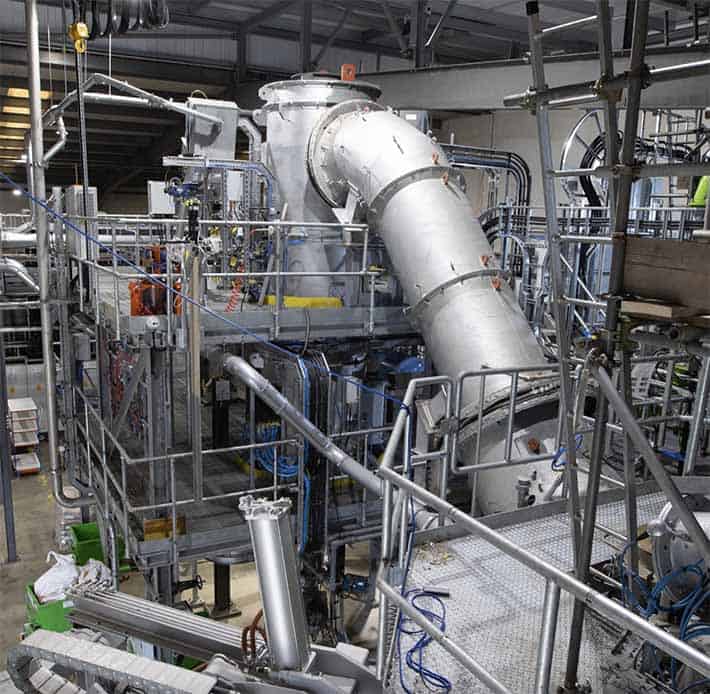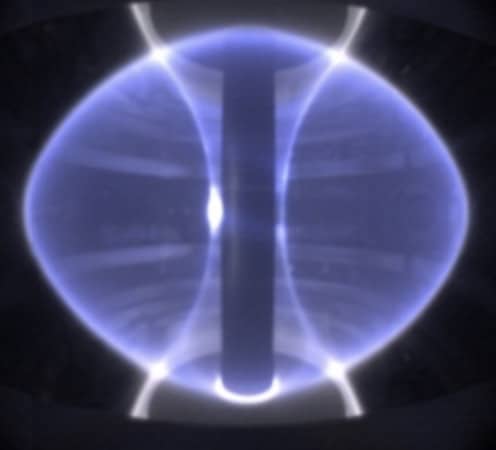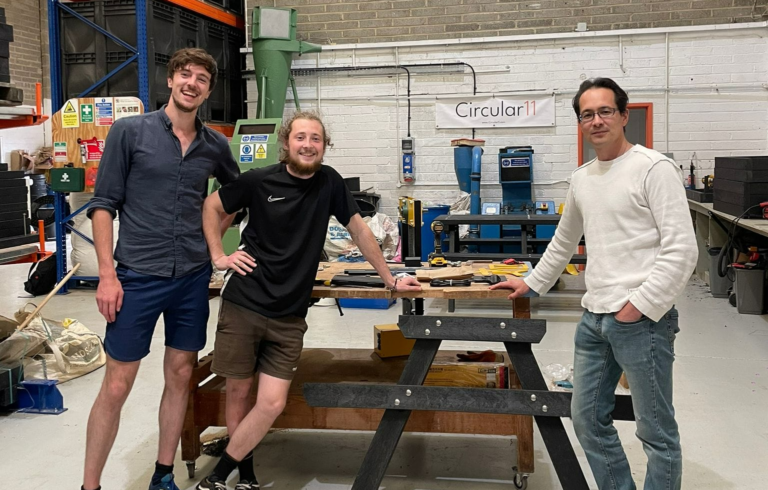Advanced Biofuels and Progressive Energy secure £4.75M for hydrogen plant

Advanced Biofuel Solutions in Swindon in collaboration with Stonehouse-based Progressive Energy Ltd is to receive £4.75 million in government funding for a plant that can convert gas from household waste into low carbon hydrogen for use in the transport industry.
The Biohydrogen Greenhouse Gas Removal Demonstration Project, also undertaken in collaboration with University College London, will convert household waste into biohydrogen for use in the transport sector.
It is one of 15 projects across the UK to benefit from a share of more than £54 million to develop technologies that remove carbon emissions from the atmosphere.
Advanced Biofuel Solutions' project will construct, commission and operate a demonstration plant that will take a synthesis gas produced from household waste and convert it into low carbon hydrogen for use in road transport while capturing carbon dioxide from the process for use in industry.
The funding comes under Phase 2 of the Direct Air Capture and Greenhouse Gas Removal technologies competition.
The competition is worth a total of £60 million: in phase one, 23 winners received a share of £5.6 million. Of those, 15 have progressed to phase two and will receive a share of the £54.4 million announced today to bring their technologies to life, taking their projects through to the demonstration phase, and towards the successful commercialisation of their technologies.
Energy and Climate Change Minister Greg Hands said: ‘This £54 million government investment announced today will help establish a greenhouse gas removal industry in the UK, which could be worth billions to our economy, bringing in private investment and supporting the creation of new green jobs.’
Advanced Biofuel Solutions CEO, Andy Cornell, said: ‘Our plant in Swindon can produce 40 tonnes of biohydrogen per year, while capturing more than 1,000 tonnes of carbon dioxide. The RadGas process is unique in that it produces low-carbon biofuels by capturing the carbon dioxide contained in the waste feedstock, generating negative emissions which are critical in achieving net zero.’














